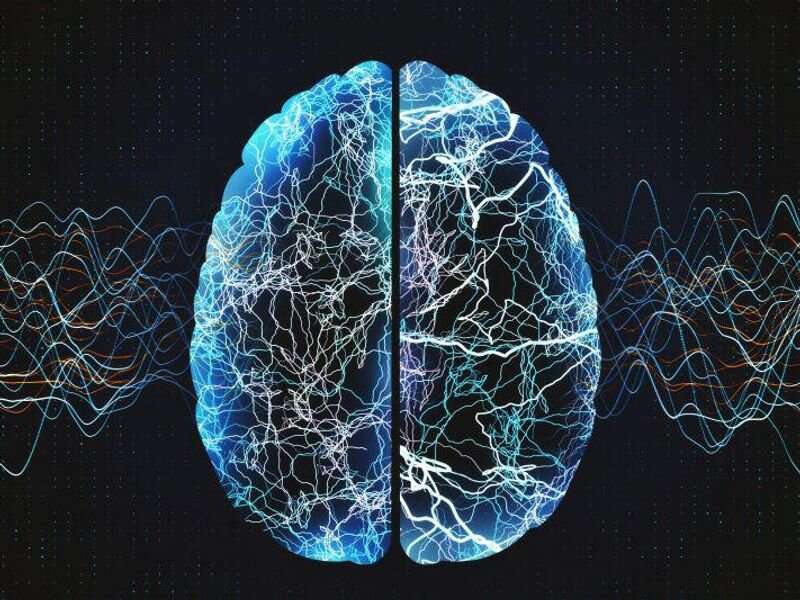
An artificial intelligence (AI) model for interpretation of routine clinical electroencephalograms (EEGs) demonstrates similar performance to human experts, according to a study published online June 20 in JAMA Neurology.
Jesper Tveit, Ph.D., from Holberg EEG in Bergen, Norway, and colleagues developed and validated an AI model, Standardized Computer-based Organized Reporting of EEG-Artificial Intelligence (SCORE-AI), that can distinguish abnormal from normal EEG recordings and classify abnormal EEG recordings into categories. SCORE-AI was developed and validated using EEGs recorded between 2014 and 2020. A total of 30,493 recordings were included into the development data set, annotated by 17 experts. SCORE-AI was validated using three independent data sets: a multicenter data set of 100 representative EEGs; a single-center data set of 9,785 EEGs; and a data set of 60 EEGs with external reference standard for benchmarking with previously published models.
The researchers found that SCORE-AI achieved high accuracy; for the different categories of EEG abnormalities, the area under the receiver operating characteristic curve varied from 0.89 to 0.96, with similar performance to that of human experts. Benchmarking against three previously published AI models was limited to comparing epileptiform abnormality detection. SCORE-AI accuracy was 88.3 percent, which was significantly higher than the previously published models and similar to human experts.
“Our convolutional neural network model, SCORE-AI, achieved expert-level performance in reading routine clinical EEGs,” the authors write. “Its application may help to provide useful clinical information in remote and underserved areas where expertise in EEG interpretation is minimal or unavailable.”
Several authors disclosed ties to the pharmaceutical industry.
More information:
Jesper Tveit et al, Automated Interpretation of Clinical Electroencephalograms Using Artificial Intelligence, JAMA Neurology (2023). DOI: 10.1001/jamaneurol.2023.1645
Jonathan K. Kleen et al, The New Era of Automated Electroencephalogram Interpretation, JAMA Neurology (2023). DOI: 10.1001/jamaneurol.2023.1082
Journal information:
Archives of Neurology
Source: Read Full Article